Code for success: 25-year-old Prem Sankar builds websites. He is autistic
Diagnosed with Autism Spectrum Disorder at the age of five, Chennai-based Prem Sankar and his family fought a broken education system and job market before he finally turned entrepreneur.

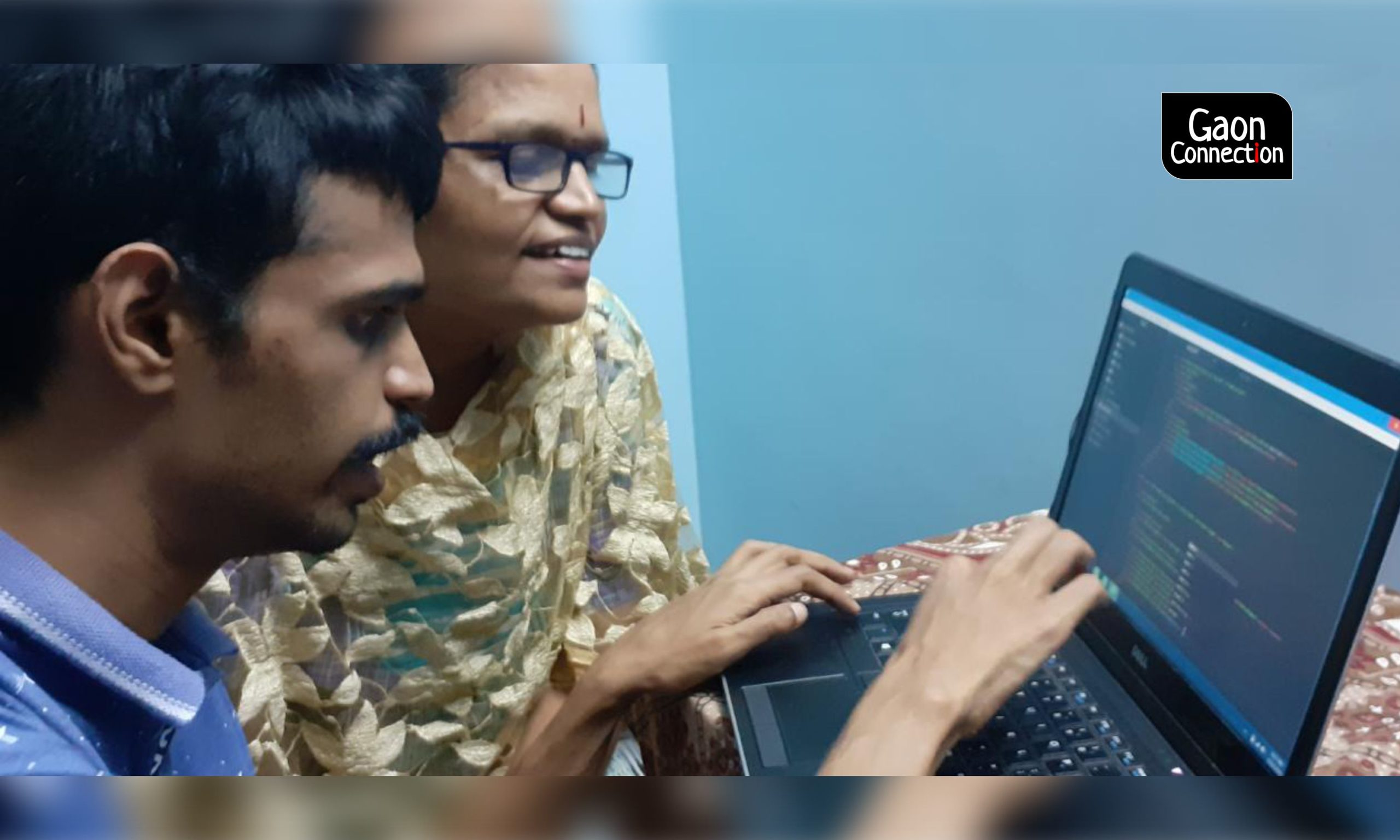
Prem Sankar working with his mother Mangai. Photo: By arrangement
Prem Sankar turned 25 last month. The young man from Chennai in Tamil Nadu marked the occasion by launching codewithprem.in, a digital brand under which he builds websites for small businesses and events.
Why is this unusual, considering there is a sea of website designers, some as young as 13, in the market? Well, for them, this is just another skill. For Sankar, it meant a long, arduous journey. Sankar is autistic.
Almost immediately after launch, the first assignment came in — to build a webpage to livestream a Bharatanatyam arangetram (stage debut). Sankar did this in a week’s time, and won praise as well as a fee of Rs 2,500.
The young man has come this far after fighting the inadequacies of the Indian education system, a job market that doesn’t consider people like him as employable, and public bullying that he could never fully verbalise to his parents. His parents also moved cities — from Thoothukudi to Tiruchirapalli and finally, the state capital of Chennai — to help unlock his potential.
Sankar started coding only last year, after dropping out of college. He got familiar with the computer when he was 11, and his parents realised he loved playing games and puzzles on the school computer. In no time, Sankar cleared level after level in Mario, picture puzzles were a fond favourite and he could type out words correctly and quickly. By 15, he learnt data entry.
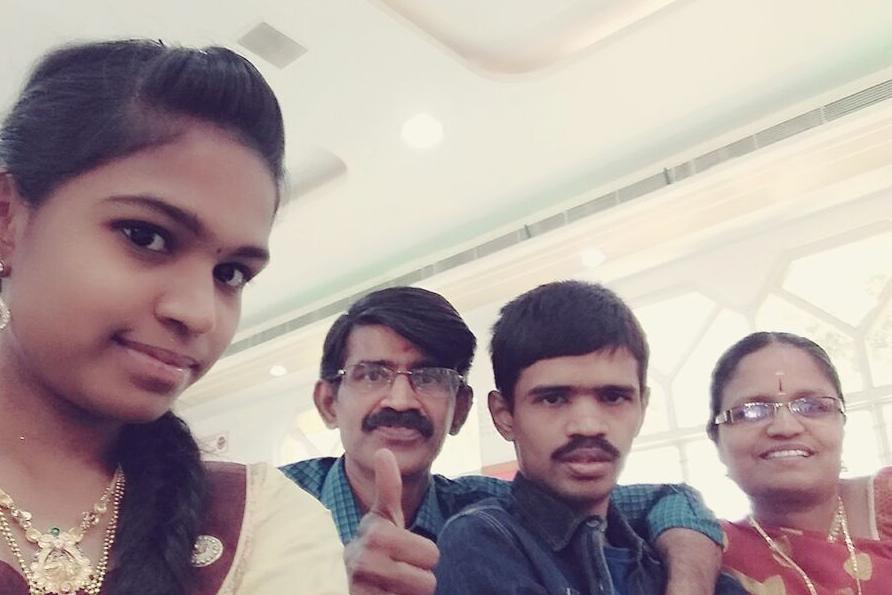
Eventually, as part of a year’s vocational training, Sankar made paper plates and cups. “We weren’t happy, because we knew his interest lay elsewhere,” Sankar’s father Alwar Appan told Gaon Connection. “In 2018, we moved to Chennai for our daughter’s college education. We felt Prem should work and visited job fairs. Companies did not consider his data entry skills, because they felt workers who are autistic might disturb others at work,” he rued.
Help came in the form of Manu Sekar, one of the founders of HashHackCode (HHC), an institute in Chennai that provides inclusive tech education. “We have 40 students in our course, all on the autism spectrum. But Prem is the first student to launch his professional website,” said a delighted Sekar.
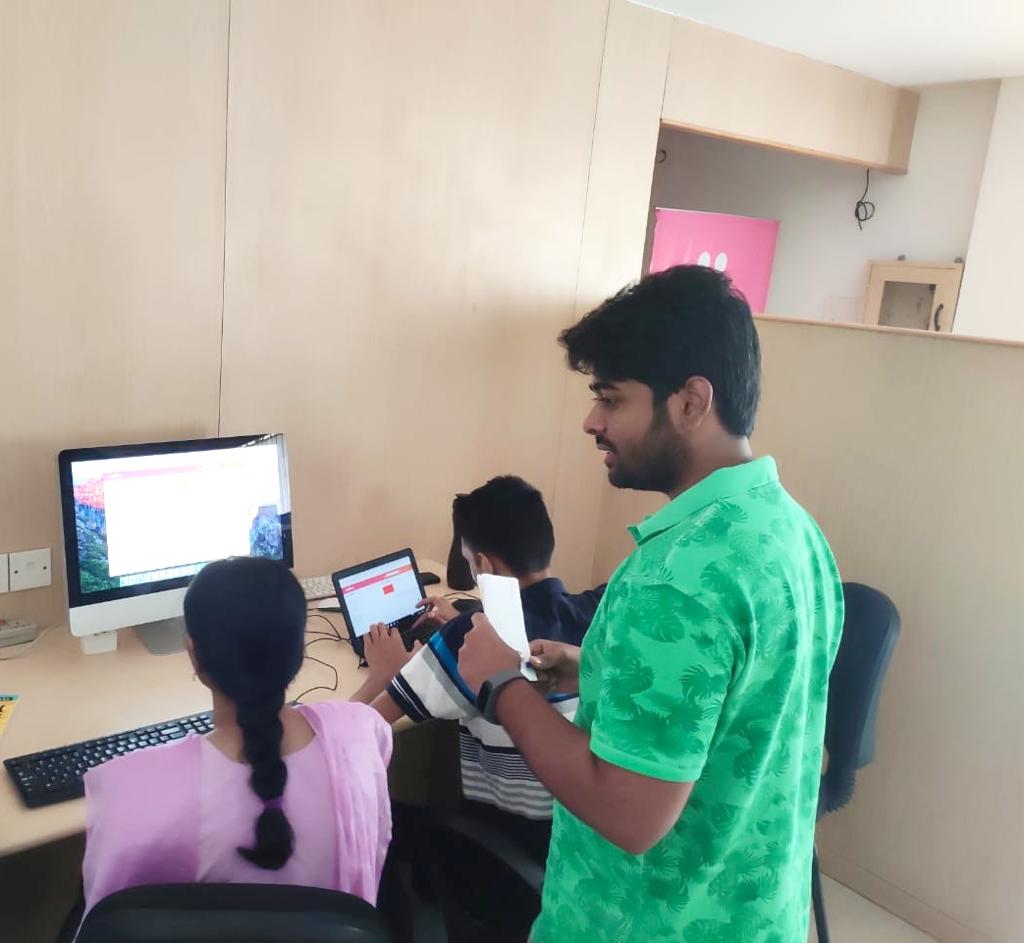
Sankar’s journey to becoming a career coder is not his alone. His father and mother SS Mangai have fought every obstacle to ensure their son had a fighting chance.
Catching it young
Autism Spectrum Disorder is a neurological and developmental disorder that begins early in childhood and lasts throughout a person’s life. It can result in social, communication and behavioural challenges. In Sankar’s case, these came to light at the age of five.
“He would not mingle with children at parks. He would roam alone or play with sand in a corner. His pre-KinderGarten teacher told us he did not talk to anyone, he was different,” recalled Appan, a clerk in a government office. Mangai used to work as a system administrator at an insurance company then.
Soon, they realised that his lack of communication skills was not a “phase”, as a neurologist they consulted in Tirunelveli said, but something else. A child psychiatrist in Chennai suspected Sankar had Asperger’s Syndrome, and asked that he be enrolled in a special school to develop his cognitive abilities. The family moved cities to Tiruchirapalli, borrowed money from relatives and pledged jewellery to fund Sankar’s therapy at a special school there.
At home, Sankar would respond to questions, but ask none. He would, however, repeat shlokas and Tamil songs. “Since Sankar was communicating only on a need-to-need basis and not socialising, the Chennai child psychiatrist confirmed that he had ASD, not Asperger’s,” said Appan.
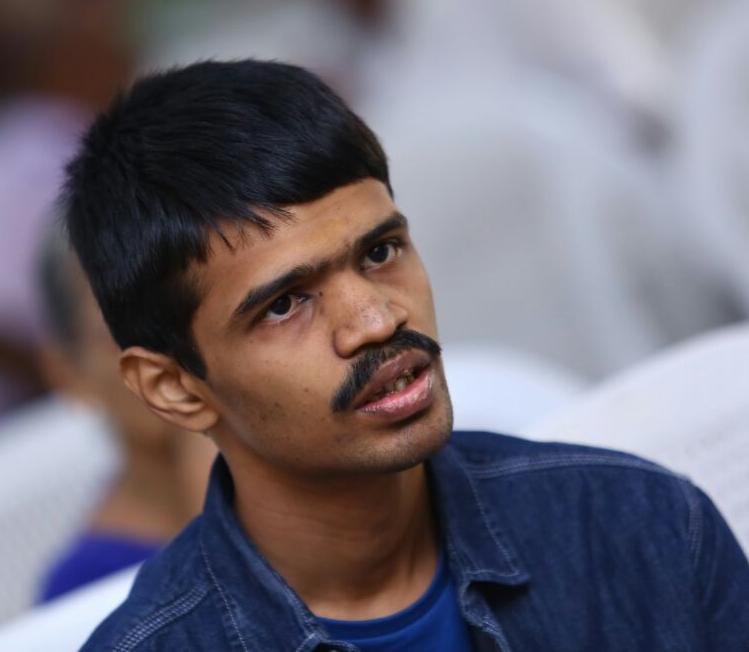
Explaining one of the classic differences between ASD and Asperger’s, Bengaluru-based psychotherapist Anindita Kundu said that children with Asperger’s frequently have good social language skills. “They can talk to people out of choice. But, they may not understand irony and humour, or the give-and-take nature of a conversation.”
Asperger’s Syndrome was once considered a separate disorder, a milder form of autism. However, in 2013, it was brought under the umbrella diagnosis of ASD.
Speaking about why children on the autism spectrum look and act aloof, Geeta Raja, who runs Shivesh Autism Charitable Trust in Coimbatore, explained that autistic children have underlying sensory difficulties. “But we’ve seen that they often develop a unique ability. They can immerse themselves in music, art or working on the computer,” she pointed out.
Tiruchirapalli is about 275 kilometres from Thoothukudi and 330 kilometres from state capital Chennai. In between rehabilitation and therapy there, Sankar’s parents also took him to the movies and let him try rock climbing and weaving. Despite this, he struggled to concentrate. In between, daughter Janani was born. She’s a college-goer now, and her brother’s biggest support and chess partner.
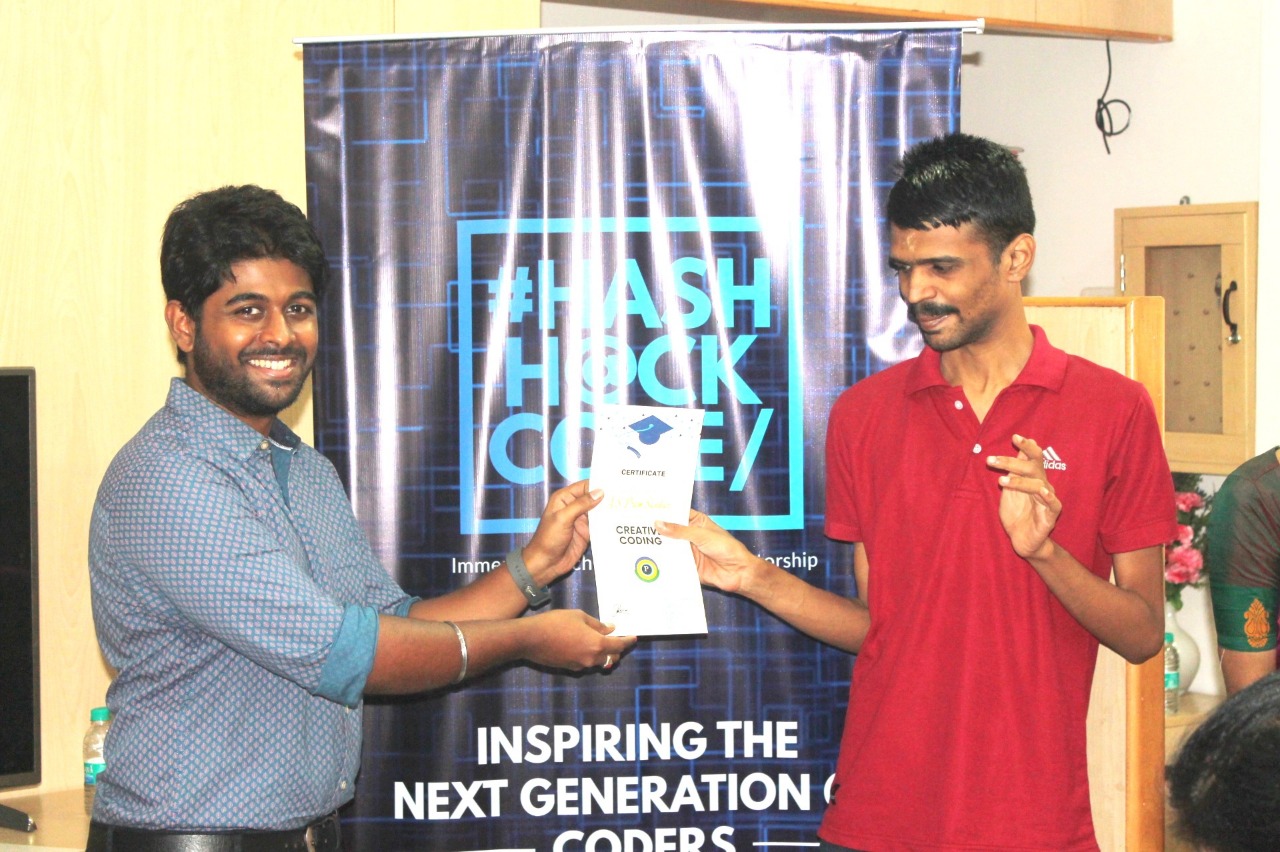
After Sankar joined HashHackCode in 2019, he has learnt to make responsive websites using HTML and CSS, and picked up multi-tasking, logical thinking, problem-solving and pattern recognition. He started by making e-greetings and webpages for family members. He built websites for a computer education centre and a sports academy dedicated to special children, which Sankar has attended too. The Bharatanatyam arangetram webpage was built for a batchmate.
“Sankar’s rote memory is good. He can write long sentences. His sitting tolerance has improved from a few minutes to an hour now. His tantrums — shouting, jumping and flapping his hands — have reduced too,” said Appan.
Most importantly, Sankar has found a career he loves. “Since he doesn’t speak much, we don’t know if the computer is his true calling or it’s a temporary passion. But he is happy,” Appan said. “One day, he started coding at eleven thirty at night,” said Mangai, who also learnt coding by watching her son in class.
At HashHackCode, none of the team members or mentors is a special educator. “We just allow these students to learn at their speed,” said Sekar, who is Sankar’s mentor. The institute has plans to induct more HHC students in Sankar’s team, so he can take up bigger assignments.
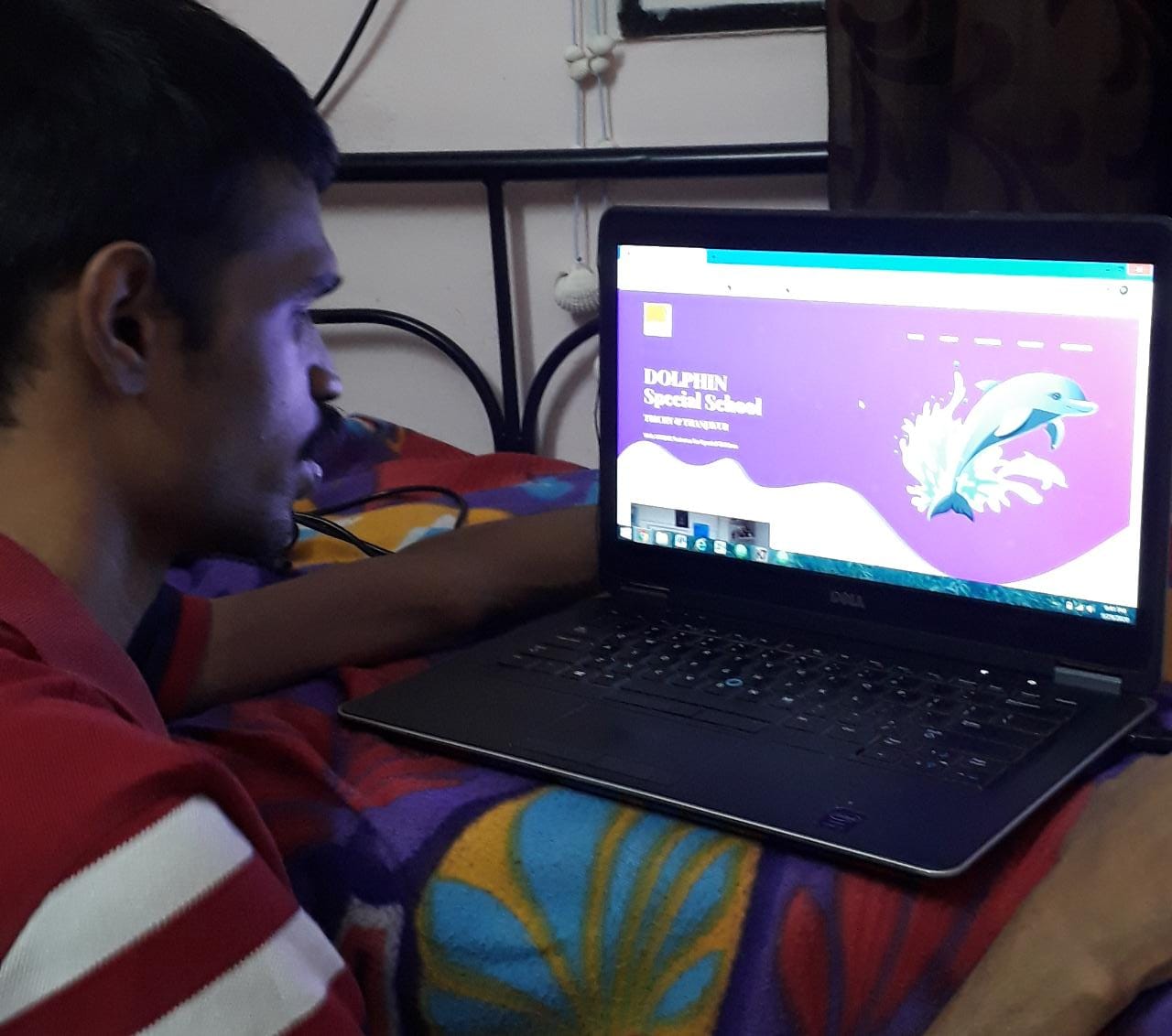
The institute is also building a marketplace to connect neuro-diverse individuals with businesses willing to work with them. “We will design a platform for such individuals to take up bite-sized courses, self-learn and upskill,” said Sekar. This is so that people with autism are not ‘sympathy’ hires.
Does Sankar realise what he’s achieved? “I am not sure,” said Mangai. “He told me he wants to go to a temple and donate his first salary to the underprivileged there,” she added.
Mangai is Sankar’s constant companion. She quit her job in 2018, after 24 years of work. She even did a Bachelor’s course in Special Education (B.Ed) and now counsels young parents of children with autism in support groups. “Early intervention and a mix of Sensory Integration Therapy and occupational training is critical,” she said. She would know, for Mangai and Appan are among the small percentage of parents who did not fight a diagnosis, but worked together to help their child surmount his challenges.

